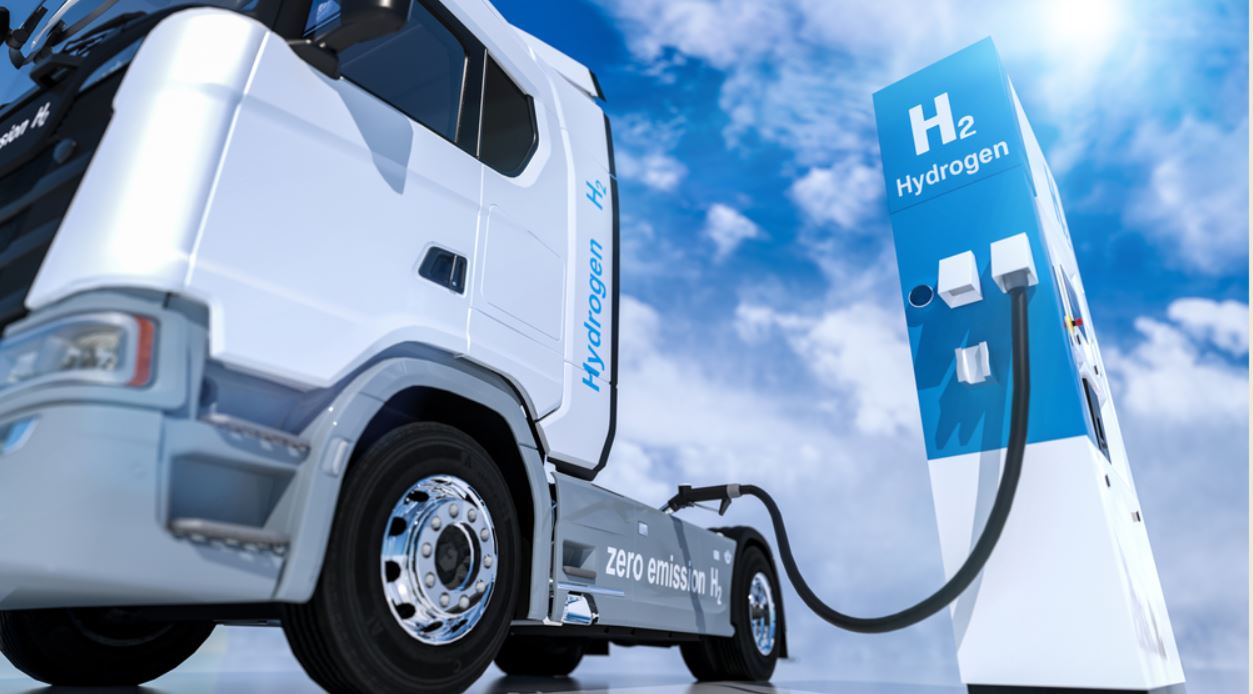China Defies Elon Musk’s Warnings and Pushes Ahead With Hydrogen
Asia’s biggest economy wants to promote fuel cells for trucks. Renewable energy investments should make hydrogen less costly. Tesla Inc.Chief Executive Officer Elon Musk has spent years mocking the idea of using hydrogen fuel cells rather than electric batteries to power next-generation green vehicles.

“Fuel cells = fool sells,” the boss of the world’s top electric-car maker tweeted in June.
China, the world’s biggest market for electric vehicles, isn’t so quick to dismiss the alternative to batteries. Officials are promoting the development of hydrogen-powered cars, trucks and buses, with Beijing offering to reward cities that achieve adoption targets.
In a 15-year plan for new-energy vehicles released on Nov. 2, China’s State Council said the country will focus on building the fuel-cell supply chain and developing hydrogen-powered trucks and buses. President Xi Jinping in September set a 2030 deadline for China to begin reducing carbon emissions.
- “Hydrogen is expected to play a much more important role to drastically decrease the country’s greenhouse gas emissions,” Kevin Jianjun Tu, a non-resident fellow at the French think tank Ifri, wrote in a report published in October.
Hydrogen's Yet to Catch Fire
China is targeting to have 1 million fuel-cell vehicles in operation by 2030, according to an energy savings vehicle development plan drafted by authorities, despite only 2,700 such cars selling in the country last year.
The nation’s renewed interest in hydrogen could put it further ahead of the U.S. in next-generation autos even as President-elect Joe Biden tries to promote clean-car development.
In theory, fuel cells are an ideal alternative to the internal combustion engine, since their chemical reactions of hydrogen and oxygen emit no carbon. Powering vehicles with hydrogen can be expensive, though, and most of China’s supply comes from burning fossil fuels. The difficulties of storing and transporting hydrogen add to the cost.
[...]
> Read the article on the Bloomberg website

Media:
Share





